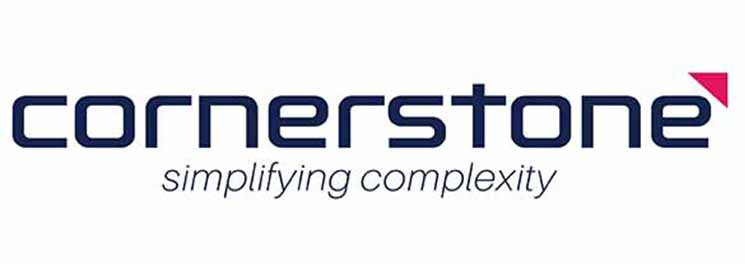
Part two: Case studies for past global crises
This is part two of a two part blog series, read Part One Planning for the unpredictable – five lessons learned here.
I have been working with global organisations for a long time, helping them to improve their business processes. And over the years, there have been local or global crises that have impacted these companies with characteristics very similar to COVID-19: the currency crisis in 1997, 9/11, SARS in 2003, the global financial crisis in 2008, and then the more local but no less shattering, earthquakes, droughts, floods and fires that occur. And each time, I hear people talk about how the event is unique and could never have been predicted. While this is true to a certain degree, you can and should be able to plan for such events. COVID-19 will pass but there will always be something on the way to disrupt your business.
“Those who cannot remember the past are condemned to repeat it.”
– George Santayana
This quote is as relevant today as ever, but from a business perspective, understanding how people respond in a crisis is just as important as understanding history. Nothing is more motivating than a crisis to get people mobilised. However strategies developed in the ‘heat of battle’ are unreliable, and why are contingencies that are developed in non-crisis circumstance given lip service? The clue is in the questions companies ask themselves.
Peter Drucker, famous businessman and commentator said, “The most serious mistakes are not being made as a result of wrong answers. The true dangerous thinking is asking the wrong questions.” The questions that companies ask themselves are an important element in governing what they do and how they respond to a crisis.
Let us look at a few examples of this.
Case 1
A manufacturer of gas cylinders based in Asia Pacific selling largely to the Japanese market had no sales for three months as a result of 9/11. The company survived the period of inactivity by focusing on refurbishment and making composite products for existing customers until orders started to trickle back in at the beginning of the following year. So, what question did they ask? It had nothing to do with buildings getting blown up in New York. The question was, ‘What would we do if the Japanese market dried up?”
So why did they ask that question? Japan was worth 40% of their business which meant that the company was already prepared if something were to go terribly wrong. The question posed and used as the basis for the company’s planning was the reason the business did not go bust: it was related to a fundamental assumption about the integrity of their business model.
Case 2
A division of a Global pharmaceutical company based in Shanghai distributed medical products in China and other Asian markets. The business had two platforms: one sold infant nutritional products and the other sold antibiotics. The company had a solid integrated business planning process and had set up the tools to be able to quickly model the trade-offs in sales between the two parts of the business.
The crisis for this company was SARS. The company’s demand review response was exemplary: the leaders spent about 80% of their time challenging and working through the underlying assumptions and then only a short time signing off their forecasts and what-if contingencies. The questions this company asked were: “What would we do if there was an epidemic?” and “What would we do if there was a contamination to the infant formula products?” The first question is an obvious one given the company’s interest in the antibiotics market. The second question was to test the agility of their supply chain given the long lead times from order to delivery.
Case 3
In 2010, a medical services company in Australia was at the height of the impact and fallout from the global financial crisis. For the past 30 years, the market had grown between 5-9% per annum but in February 2010, the market bottomed out. The company’s response was to re-allocate promotional spend and quickly drive and deploy a cross-skilling plan. The question asked was not, “What happens if Global markets crash?” but “What would we do if the government withdrew the benefits scheme rebate?”. The question related to the company’s fundamental business model: without reimbursement, there was no business.
These examples demonstrate that companies who prepare contingency and crisis plans based on asking relevant questions pertaining to their business model, are the ones that will survive to fight another day.
By Rod Hozack, Partner, Oliver Wight





